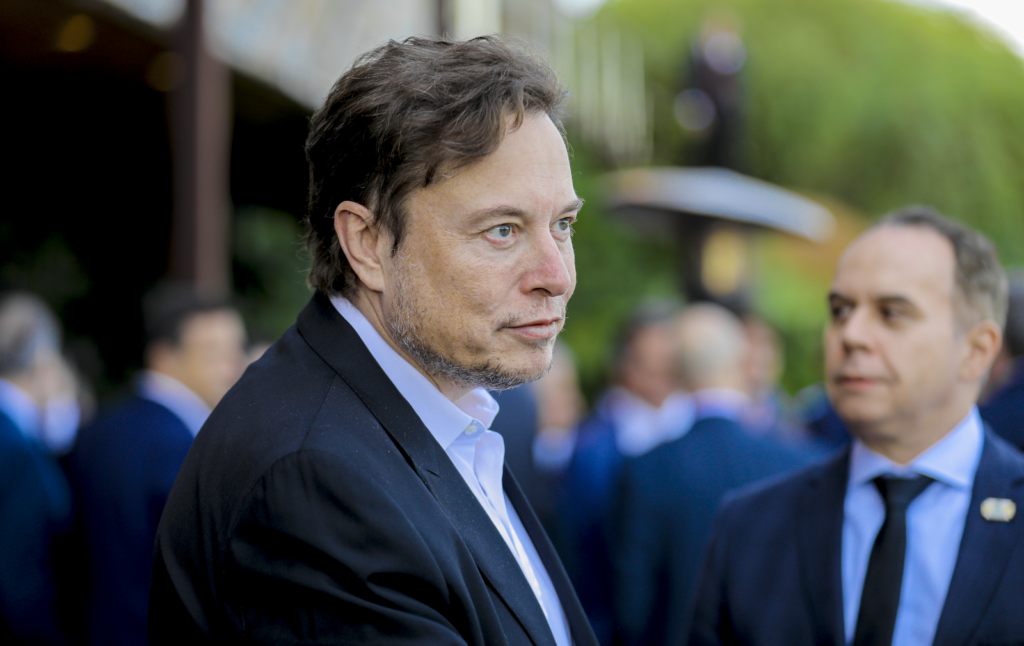A recent development in the tech industry has seen a group of investors, spearheaded by Elon Musk, making a bold move to acquire the nonprofit organization controlling OpenAI for a whopping $97.4 billion. The news of this significant offer was first reported by The Wall Street Journal, indicating the potential for a major shift in the landscape of artificial intelligence research and development.
The bid, which was submitted by Musk’s attorney Marc Toberoff, includes a proposal to acquire all of OpenAI’s assets. The backing for this substantial offer comes from Musk’s own artificial intelligence company, xAI, as well as other notable investors such as Valor Equity Partners, Baron Capital, Atreides Management, Vy Capital, and 8VC. In addition, Ari Emanuel of Endeavor is also supporting the bid through an investment fund, as reported by the WSJ.
In a statement provided by Toberoff, Musk emphasized the importance of returning OpenAI to its roots as an open-source, safety-focused entity for the greater good. He expressed his commitment to ensuring that this transformation takes place if their bid is successful. Furthermore, Toberoff stated that Musk and the other investors are prepared to outmatch any competing offers that may challenge their $97.4 billion proposal.
However, OpenAI’s response to this offer has been less enthusiastic. According to a report from The Information, OpenAI’s CEO, Sam Altman, informed the company’s staff that the board of directors is not interested in Musk’s bid. Altman took to X to respond to Musk and the investors, humorously suggesting that they could consider buying Twitter for $9.74 billion instead.
The conflict between Musk and OpenAI stems from the organization’s evolution under Altman’s leadership. OpenAI was initially founded as a nonprofit in 2015 by Musk, Altman, and other AI luminaries, with Musk eventually departing in 2019. Altman’s decision to create a for-profit subsidiary backed by companies like Microsoft has led to legal disputes with Musk, who alleges that OpenAI has strayed from its nonprofit mission.
As Musk and his investors make a play for control of OpenAI, the future of the organization remains uncertain. Altman’s vision of transitioning OpenAI into a traditional company, with the nonprofit maintaining equity in the for-profit entity, could potentially clash with Musk’s intentions. The $97.4 billion offer could result in the nonprofit holding a significant stake in the for-profit OpenAI, leading to a complex and contentious restructuring process.
The tech industry will be closely watching as this drama unfolds, with the fate of OpenAI hanging in the balance. The outcome of this high-stakes bidding war will not only impact the future of artificial intelligence research but also shed light on the power struggles within the tech community. Stay tuned for further developments as Musk and his investors continue their quest to acquire control of OpenAI.

